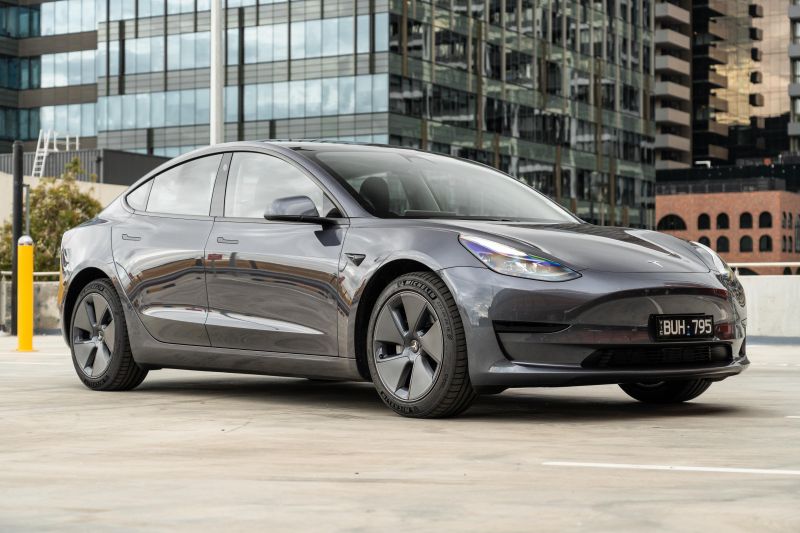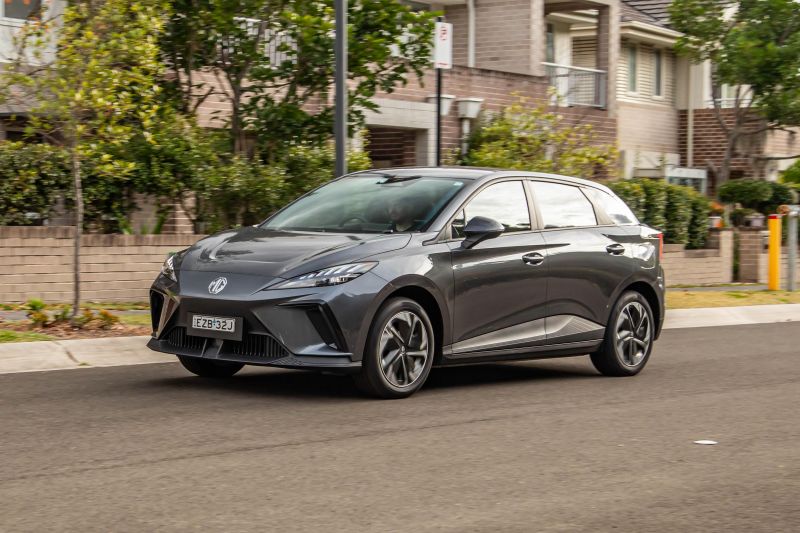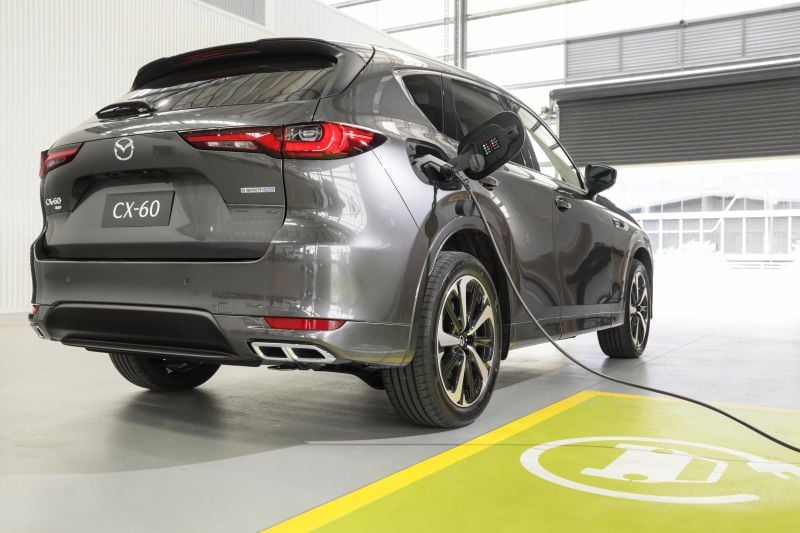The Victorian Ombudsman has criticised the State Government’s implementation of a road-user charge for electric and plug-in hybrid vehicles.
“We found an unreasonable lack of policy guidance to those administering the legislation, inflexible handling of complaints, and an unwillingness to exercise discretion,” said Victorian Ombudsman Deborah Glass in her report.
“It is also wrong to charge penalties not provided for in legislation, and the money collected under this ‘penalty’ should be repaid.”
Ms Glass has tabled her investigation into the Department of Transport and Planning’s implementation of the charge. At the time of the investigation, the Department had received more than 180 complaints.
We’ve contacted the Department for a response.
You can view the Ombudsman’s full report here.
The report focused on 30 complaints about the application of the ZLEV Act, concerning two main issues: whether the charges were unreasonably applied, and whether additional charges imposed after submitting a late odometer declaration were wrong.
The Zero and Low Emissions Vehicles Act 2021 (Vic) allows the state government to collect a road-user charge from owners of electric vehicles (EVs), plug-in hybrid vehicles (PHEVs) and hydrogen fuel-cell electric vehicles (FCEVs).
This charge is indexed, and currently sits at 2.3 cents per kilometre for PHEV owners and 2.8 cents per kilometre for EV owners.
Drivers must provide photographic evidence of their odometer within 14 days of being contacted by the Department, to determine the kilometres travelled at the start and end of each registration period. That even includes travel undertaken outside of Victoria.
The legislation is currently facing a challenge, with the Federal Government making submissions in a case before the High Court of Australia brought by two Victorian motorists who filed suit against the State Government.
That challenge concerns the validity of the legislation, and whether the Victorian Government is constitutionally able to enact and enforce such legislation.
Should the High Court affirm the state’s right to impose such a charge, it could pave the way for more jurisdictions to implement similar charges.
Ms Glass says her report, in contrast, focuses on the thousands of people affected by the legislation, “many of them unfairly”.
“While this report focuses on the actions of the Department of Transport and Planning, there are broader lessons for the public sector about the dangers of making policy on the run (or not making it at all), and the importance of exercising discretion,” she says in her report.
In one complaint made to her office, a vehicle owner said they were late providing the required photo of their vehicle’s odometer as they were overseas, and the Department cancelled her registration.
This resident was the owner of one of 240 zero or low-emission vehicles (ZLEVs) to have their registration cancelled.
If a vehicle owner is late in providing an odometer declaration, the Department estimates a charge based on the ‘average travel’ of Victorian vehicles – “almost always” around 13,500km, according to the Ombudsman’s report.
“This occurred even where people told the Department this estimate exceeded the distance the ZLEV had travelled in its lifetime, as a ‘penalty’ charge,” the report reads.
“In five complaints made to the Ombudsman, the Department initially refused to amend invoices where the estimated kilometres exceeded the total distance the vehicle had travelled, describing it as a ‘penalty’ for lateness.
“There is no provision in the ZLEV Act for the Department to impose a penalty charge,” the report adds, drawing a connection between this and the Robodebt inquiry and warning “there are dangers in making assumptions and using average calculations to charge people”.
The report also calls out the ZLEV Act’s treatment of PHEV owners, observing some PHEV owners may travel thousands of kilometres on fuel in their vehicles in remote parts of Australia with no charging stations and be stung with a road-user charge even though they’ve already paid the Commonwealth fuel excise for that mileage.
The ZLEV Act includes mechanisms for owners to object to an invoice for a charge or request a waiver of some or all of a ZLEV charge or the requirement to lodge a declaration of their odometer reading.
Ms Glass says the legislation provides the Department with a “very broad discretion to waive charges” that “it repeatedly chose not to use”.
“The Department told us it had not developed a policy for exercising discretion as the legislation was new – even though by the time we asked, it was already two years old, and the Government was happy enough to collect money under it,” she said.
“While the Department has resolved some complaints and refunded some monies during this investigation, it has not yet acknowledged that other decisions were unfair, and that it could exercise its discretion in these cases.
“The Department appears to be using the High Court challenge to the legislation as a smokescreen for inaction.”
The ZLEV Act was slammed in 2021 in an open letter by a coalition of 25 car manufacturers, rideshare companies, environmental and industry groups and infrastructure companies as the ‘worst electric vehicle policy in the world’.
While Victoria did employ $3000 subsidies to help spur EV uptake, it scrapped this program earlier this year.





